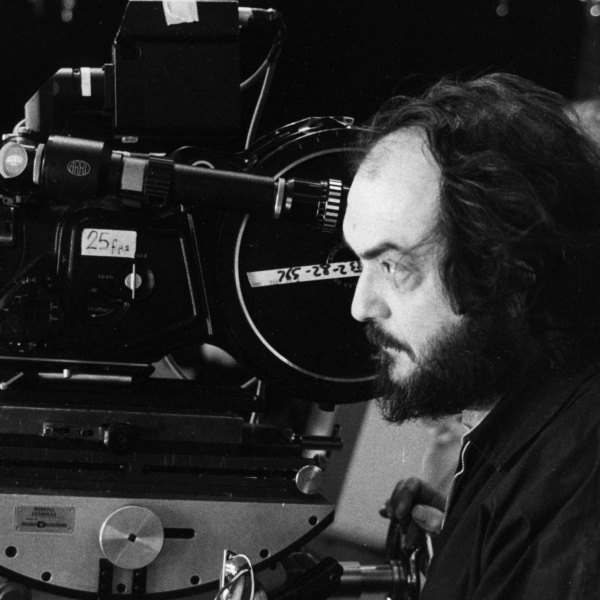Though we know David Zaslav won’t get one, perhaps a slight apology is due to Warner Bros. Discovery’s chief executive. Zaslav, his CFO Gunnar Wiedenfels, and the company’s streaming boss JB Perrette caught endless grief for unceremoniously cutting a bunch of titles from HBO Max, now known as Max. We’re not saying they didn’t deserve the backlash — especially for “Batgirl” and “Coyote vs. Acme” — but perhaps some of the vitriol should have been reserved for Paramount and Bob Bakish.
According to a recent Reelgood audit of the catalogs for eight leading U.S. streaming services (Amazon Prime Video, Netflix, Peacock, Hulu, Max, Disney+, Paramount+, and Apple TV+), Paramount+ had 830 movie titles available on October 15, 2023. However, on October 17, 2022, Paramount+ had 2,302 movie titles available.
The Paramount+ film library lost 1,472 titles over 363 days, a 64 percent drop (and about four per day). Simultaneously, the Paramount+ TV catalog increased 3 percent. A spokesperson for Paramount did not immediately respond to IndieWire’s request for comment on the film cuts.
By comparison, the much-maligned Max lost 390 titles in its movie catalog, or 15 percent: from 2,558 films in October 2022 to 2,168 in 2023. Thanks to the influx of Discovery+ series, Max nearly doubled its TV-show catalog in a year.
Not everyone has been on a reduction campaign; as a matter of fact, the other streamers grew their respective film catalogs from October 2022 to 2023.
With the benefit of adding MGM films, Amazon Prime Video’s catalog rose 17 percent. That wasn’t the biggest jump from the bunch: Peacock’s movie library soared 47 percent from 2022 to 2023, and Hulu’s doubled. Disney+ added 154 films on a net basis, Netflix’s catalog grew by 56 movies, and even Apple TV+ tacked on another 11.
While film catalogs for Netflix, Peacock, Hulu, Disney+, and Apple TV+ grew each of the past two years, Prime Video quietly cleared out in 2022. Max grew from 2021 to 2022, a period in which the Paramount+ movie catalog exploded. Technically, they’re both up from 2021 to 2023, albeit slightly. Amazon’s core streaming service is the only one with fewer films from the start to the finish of this study; see below.

Amazon “was the first major streamer to realize that a super-long ‘long tail’ of independently produced movie titles isn’t necessarily a profitable proposition, with residuals and taxes on some indie films costing more than the movies were generating in streaming,” Reelgood’s Isabel Riofrio wrote.
“Amazon has pulled back a bit from the rather austere purge of indie titles it embarked on several years ago, but it still has about 2,600 fewer movie titles than it did at the start of 2021,” she wrote. “But if it’s an obscure movie from yesteryear, Amazon Prime Video remains the first place to look for it.

Aside from Amazon, Hulu is the only other streamer in the study to shed shows from 2021 to 2022 (see above). There’s an explanation: In fall 2022, NBC began to remove its shows from Hulu in favor of Peacock.
Not only did NBCUniversal desperately need to grow Peacock at that point, but also it was clear that its Hulu ownership would come to an end. Disney is currently in the process of buying out NBCU’s one-third share of Hulu.






